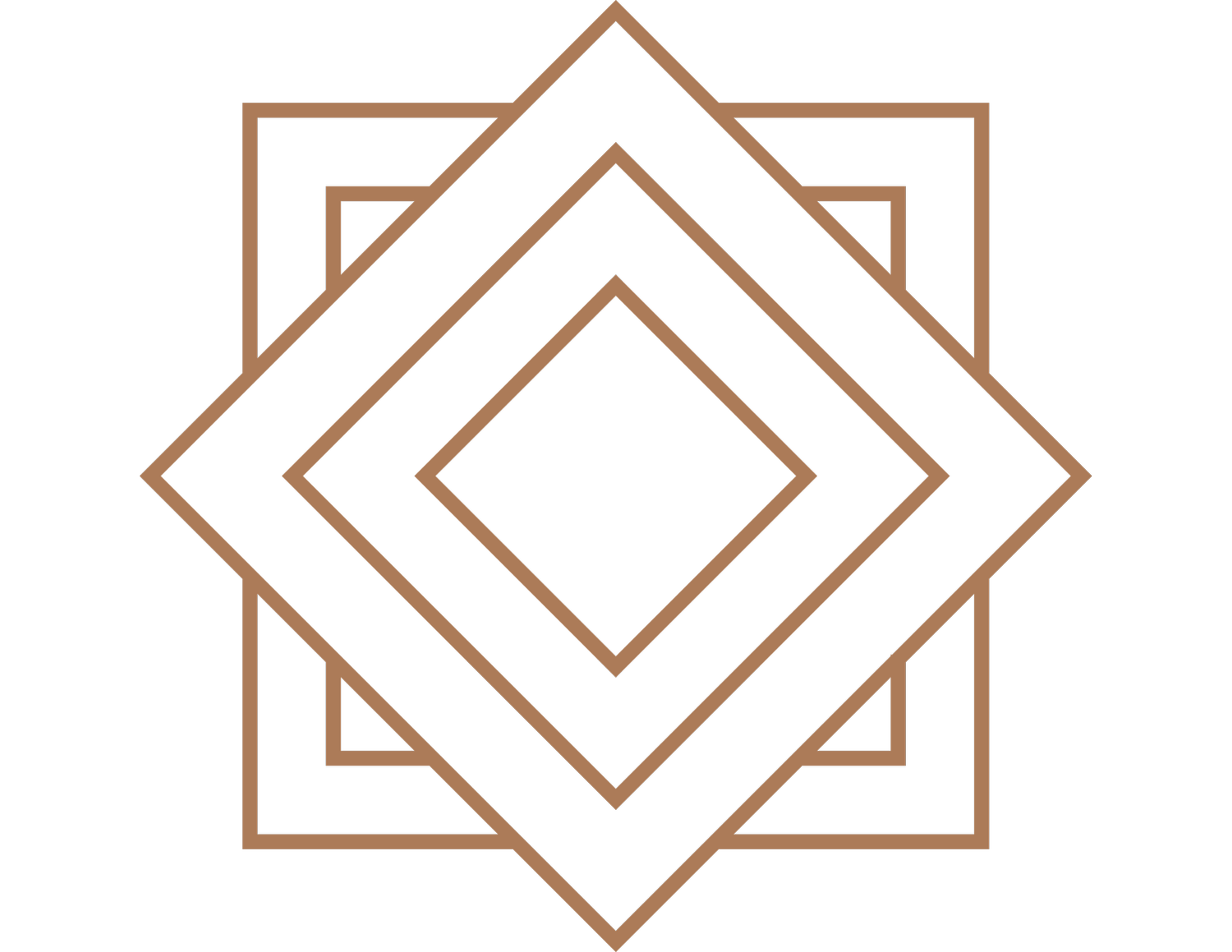“Art is the supreme goal: noble, sacred and good; it resurrects.”– Odilon Redon
In 1965, the Jewish Museum in New York City commissioned Anni Albers – a visionary German-Jewish textile artist, printmaker, and designer – to memorialize the victims of the Holocaust. In response, Albers created “Six Prayers,” a series of woven tapestries that evoke Jewish ceremonial art, while encouraging reflection on both the challenges and possibilities of memorialization.
In this session, we’ll engage with Albers’ memorial – as well as her writings – in conversation with Jewish teachings on prayer, memory, and the intricate role that weaving plays in Jewish tradition. Treating Albers’ tapestries as sacred texts, we’ll consider the extent to which weaving – or any art practice, for that matter – can be a form of prayer. Taking a step back, we’ll compare “Six Prayers” to other forms of Holocaust memorialization and, in doing so, discuss the ways in which memorials have always been, and continue to be, contested spaces.
Joshua Kurtz is a weaver, writer, and educator based in Somerville, Massachusetts. He recently completed a Masters of Divinity degree at Harvard Divinity School, where he studied Judaism, grief, and ethics. He has previously worked as a community organizer and educator in Washington, DC, and Brasov, Romania. His writing has been published in the Smithsonian Folklife Magazine, the Colorado Review, Gashmius, and several other magazines.


